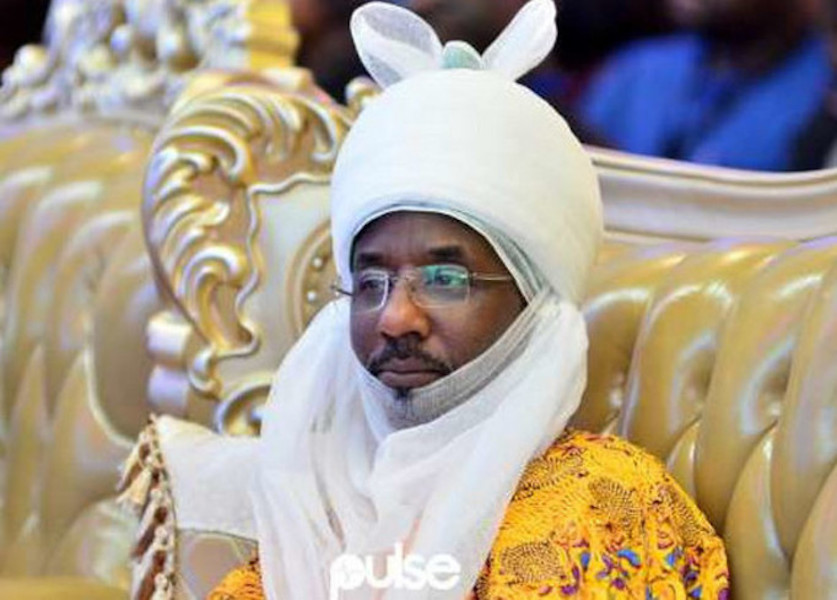The Emir of Kano, Muhammad Sanusi II, on Tuesday said Nigeria may soon become bankrupt, considering the effects of subsidies and debt servicing on government revenue.
The Emir, who is a former governor of the Central Bank of Nigeria, sounded the warning while delivering his address at the ongoing third National Treasury Workshop, organised by the office of the Accountant-General of the Federation in Kano.
But in their separate submissions, economic and financial experts expressed divergent views on the Emir’s statement.
Babatunde Ruwase, the President, Lagos Chamber of Commerce and Industry (LCCI), said the chamber agrees with Sanusi that the petrol subsidy is not economically healthy.
“Productive ventures like farming should benefit from subsidy and not consumption. If we continue the way we are going, it is only a miracle like a sudden and astronomical rise in the global price of crude oil that will save us; otherwise, the nation will definitely go bankrupt,” he added.
READ ALSO: NYSC goes after 75 ex-corps members for failing to repay N400, 000 business loans
On electricity tariff, he said, “If the government wants investors to come into the electricity sector, it has to relax its control and allow the economic cost to determine the tariff. The current tariff we have was set three years back and it is lower than the cost of investing in the sector.”
On his prt, the Registrar, Chartered Institute of Finance and Control of Nigeria, Mr Godwin Eohoi, described the nation’s debt service cost as high but said it could not make the country go bankrupt.
AHe said, “The debt profile of Nigeria is very high and there is no doubt about it. But we have revenue that can sustain it and there is the capacity to do more. I don’t see Nigeria going into bankruptcy. There is no doubt that we have high debt profile but the revenue we are generating is gradually increasing and there is an aggressive drive by all the agencies of government to boost revenue generation.
“While I agree with the Emir that the amount spent on debt service is high, I disagree with him that it will lead us to bankruptcy. The government has given an indication that revenue would be increased; so, if that is achieved, then we can avoid bankruptcy.”
“Subsidy is an issue that has lingered for long and it will take the political will for it to be removed. There is no political will to remove it now.”
Also speaking, a former President, Association of National Accountants of Nigeria, Dr Sam Nzekwe, described the Emir’s statement as a wake-up call to the government.
He said, “It is subjective that Nigeria is heading to bankruptcy, but I think what he is trying to say is that because of our dependency on oil when there is internal and external volatility or attack on oil pipes, we will not be able to produce as much.
“If there is volatility in prices, then there will be a problem. We have not been able to get the economy working as we are supposed to. A country whose economy is not producing and the population is growing faster than the economy is a problem. The government is still the driver of the economy, but we need to get the private sector to drive the economy. We need to create an enabling environment for things to work, provide critical infrastructure for the private sector to join.”



The bankruptcy is eminent. The Emir has spoken the truth. Where government is leading the economy there’s a great problem. Let’s government provide essential infrastructure for the private sector to be the driver of the economy. Private sectors are the providers of opportunities in any developed nation, therefore Nigeria shouldn’t be an exception.